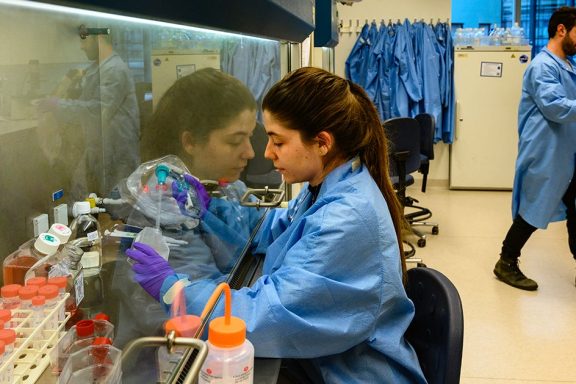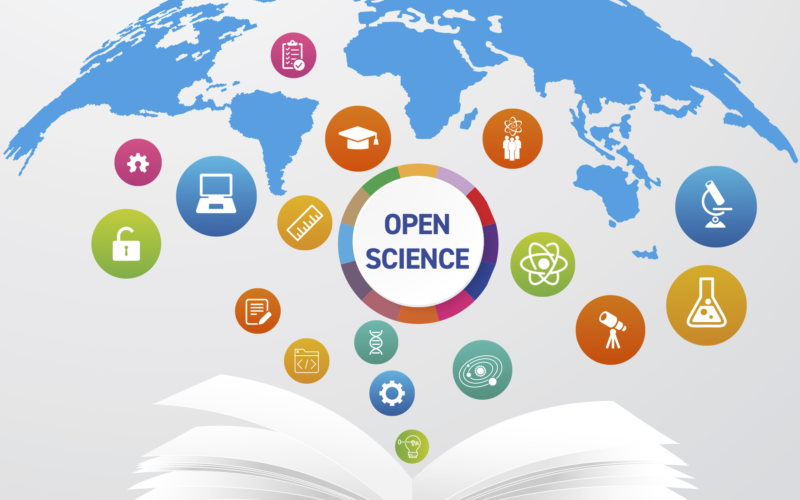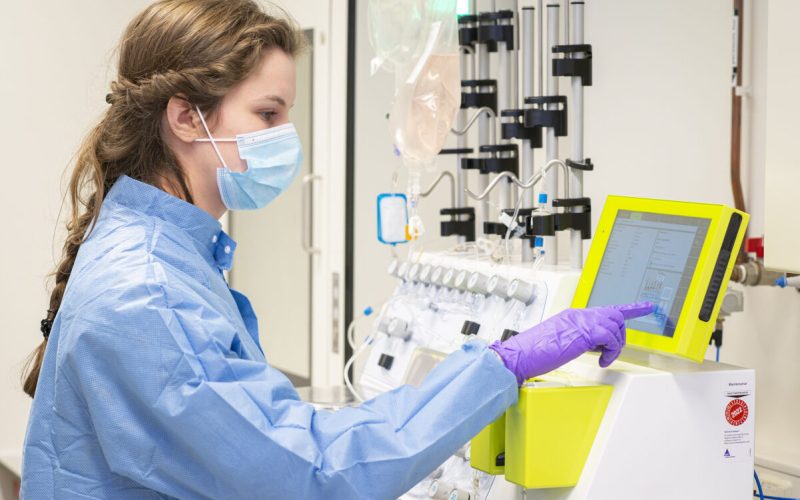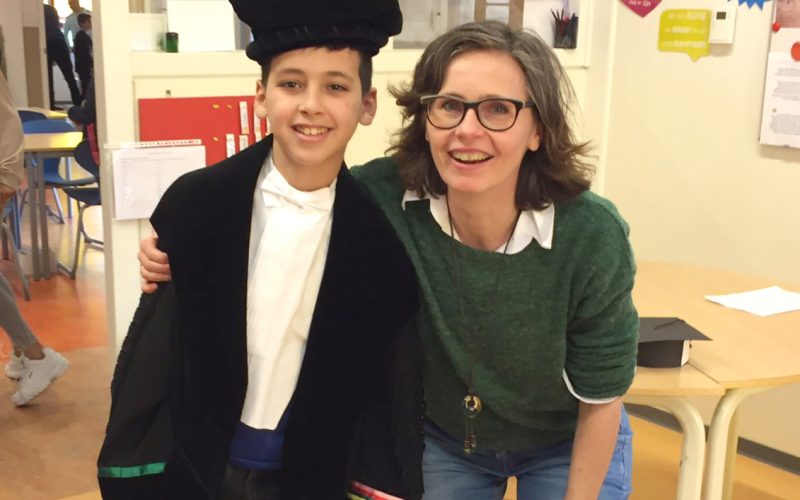Public Engagement
Public Engagement encompasses activities to raise interest in research, to include citizens and communities in setting research priorities, to engage them with the research process, to translate outcomes for a non-scholarly public, and to participate in public debate.
In the UMC Utrecht the strategic program ‘Patient participation’ stimulates engagement with patients and patient organisations in research processes. A prime example of outreach includes the organisation of webinars on specific topics of interest to patients. Another example are the yearly public lectures where (clinical) researchers detail their research in accessible wording, how it benefits the patients, and the future perspective they envision.



